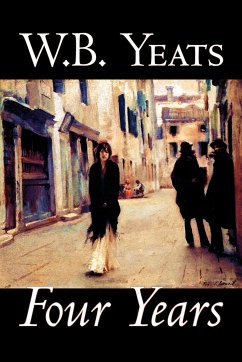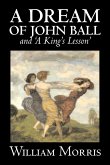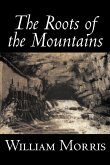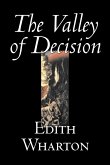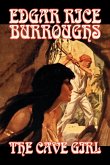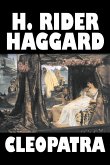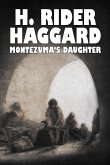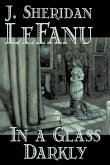I could not understand where the charm had gone that I had felt, when as a school-boy of twelve or thirteen, I had played among the unfinished houses, once leaving the marks of my two hands, blacked by a fall among some paint, upon a white balustrade. Sometimes I thought it was because these were real houses, while my play had been among toy-houses some day to be inhabited by imaginary people full of the happiness that one can see in picture books. I was in all things Pre-Raphaelite. When I was fifteen or sixteen, my father had told me about Rossetti and Blake and given me their poetry to read; & once in Liverpool on my way to Sligo, "I had seen 'Dante's Dream' in the gallery there -- a picture painted when Rossetti had lost his dramatic power, and today not very pleasing to me -- and its color, its people, its romantic architecture had blotted all other pictures away." It was a perpetual bewilderment that my father, who had begun life as a Pre-Raphaelite painter, now painted portraits of the first comer, children selling newspapers, or a consumptive girl with a basket offish upon her head, and that when, moved perhaps by memory of his youth, he chose some theme from poetic tradition, he would soon weary and leave it unfinished. I had seen the change coming bit by bit. . . .
Bitte wählen Sie Ihr Anliegen aus.
Rechnungen
Retourenschein anfordern
Bestellstatus
Storno

